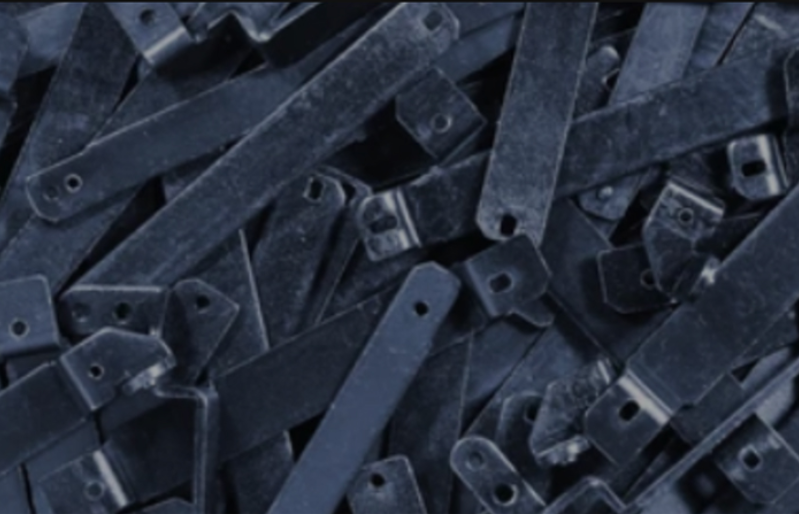Exploring the World of Die Castings
Die castings are a popular manufacturing process that involves injecting molten metal into a mold cavity. The mold is then cooled, and the metal solidifies into the desired shape. Die castings are commonly used to produce intricate and complex parts, making them a popular choice in industries such as automotive, aerospace, and electronics.
One of the main advantages of die castings is their ability to produce parts with a high level of precision and consistency. The metal is injected into the mold at high pressure, ensuring that every part is identical. This makes die castings ideal for producing large quantities of parts that need to be uniform in size and shape.
There are several different types of metals that can be used in die castings, including aluminum, zinc, and magnesium. Each metal has its own unique properties, making them suitable for different applications. For example, aluminum is lightweight and corrosion-resistant, making it ideal for use in the automotive industry. Zinc is strong and durable, making it a popular choice for the production of hardware and consumer goods. Magnesium is lightweight and has excellent strength-to-weight ratio, making it ideal for use in aerospace and electronics applications.
The die casting process involves several steps. First, the metal is melted in a furnace and then injected into the mold cavity. The mold is typically made of steel and is designed to withstand the high pressures and temperatures involved in the process. Once the metal has cooled and solidified, the mold is opened, and the part is removed. The part may then undergo secondary operations such as trimming, drilling, and machining to achieve the desired finish.

Die castings offer several advantages over other manufacturing processes. For example, they can be produced at a lower cost than other methods such as forging or machining. They also require less material than other processes, making them a more environmentally friendly option. Die castings can also be produced at a high rate, making them ideal for mass production applications.
Despite their many advantages, die castings are not without their limitations. For example, they are limited in terms of the size and complexity of the parts they can produce. They are also limited in terms of the materials they can use, with some metals being more difficult to cast than others. Additionally, die castings can be prone to defects such as porosity and shrinkage, which can affect the quality of the finished part.
In conclusion, die castings are a popular manufacturing process that offers several advantages over other methods. They are ideal for producing large quantities of parts that need to be uniform in size and shape, and they can be produced at a lower cost than other methods. However, they are limited in terms of the size and complexity of the parts they can produce, and can be prone to defects. As such, die castings are best used in applications where their strengths outweigh their limitations.
-

- Ohišje UAV deli za tiksomolitje iz magnezija
-

- Thixomolding deli iz magnezijeve zlitine za ohišje stroja za sesanje kisika
-

- Deli in komponente Thixomolding, obdelana srednja plošča mobilnega telefona
-

- Toge vilice za kolo iz tlačne litine iz magnezijeve zlitine
-

- Kolo za tlačno litje iz magnezijeve zlitine za e-kolo
-

- Tlačno uliti deli in komponente OEM

 0086-750-5616188
0086-750-5616188 +86 13392089688
+86 13392089688 sales@zhongmei-tech.com
sales@zhongmei-tech.com







